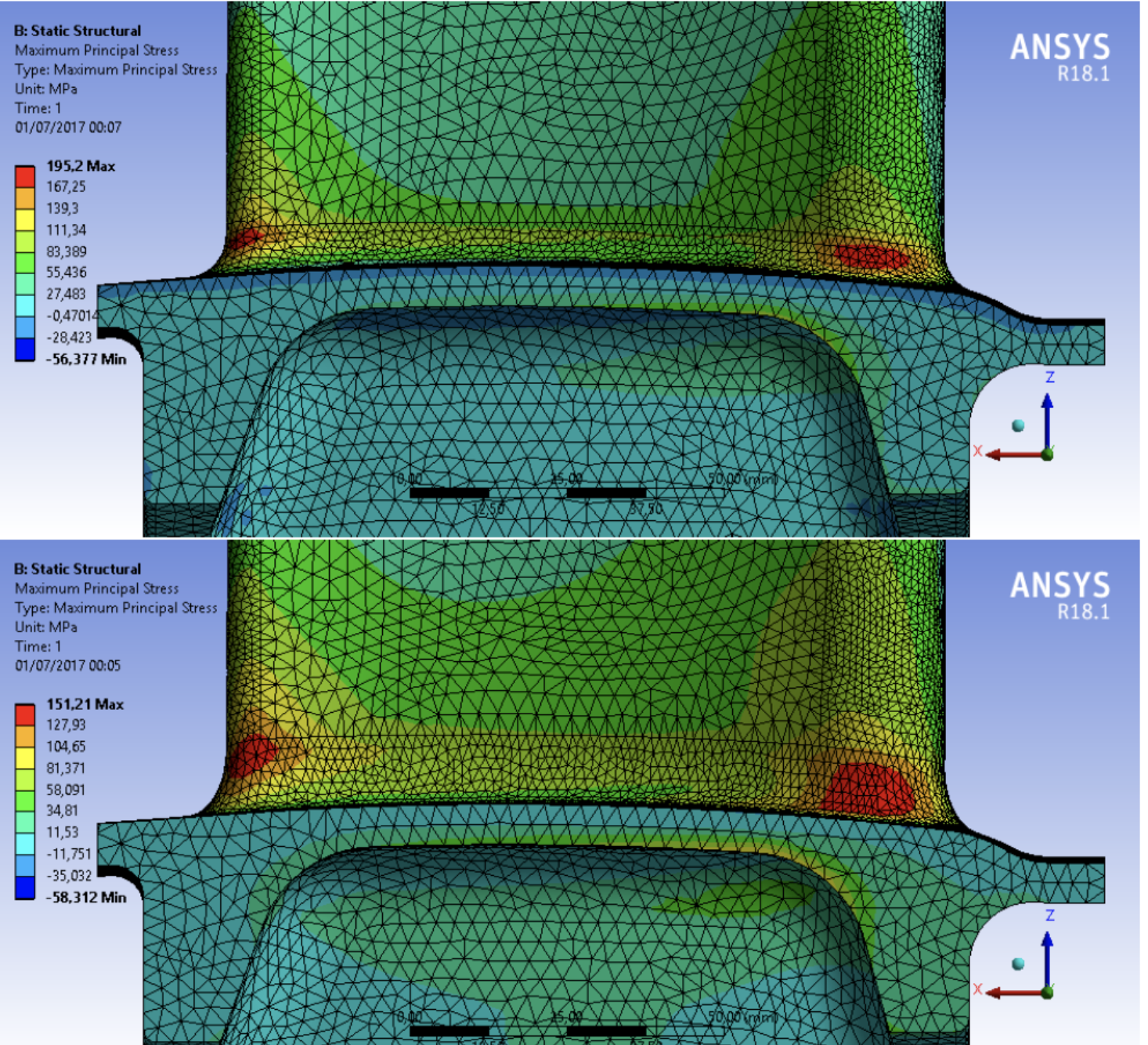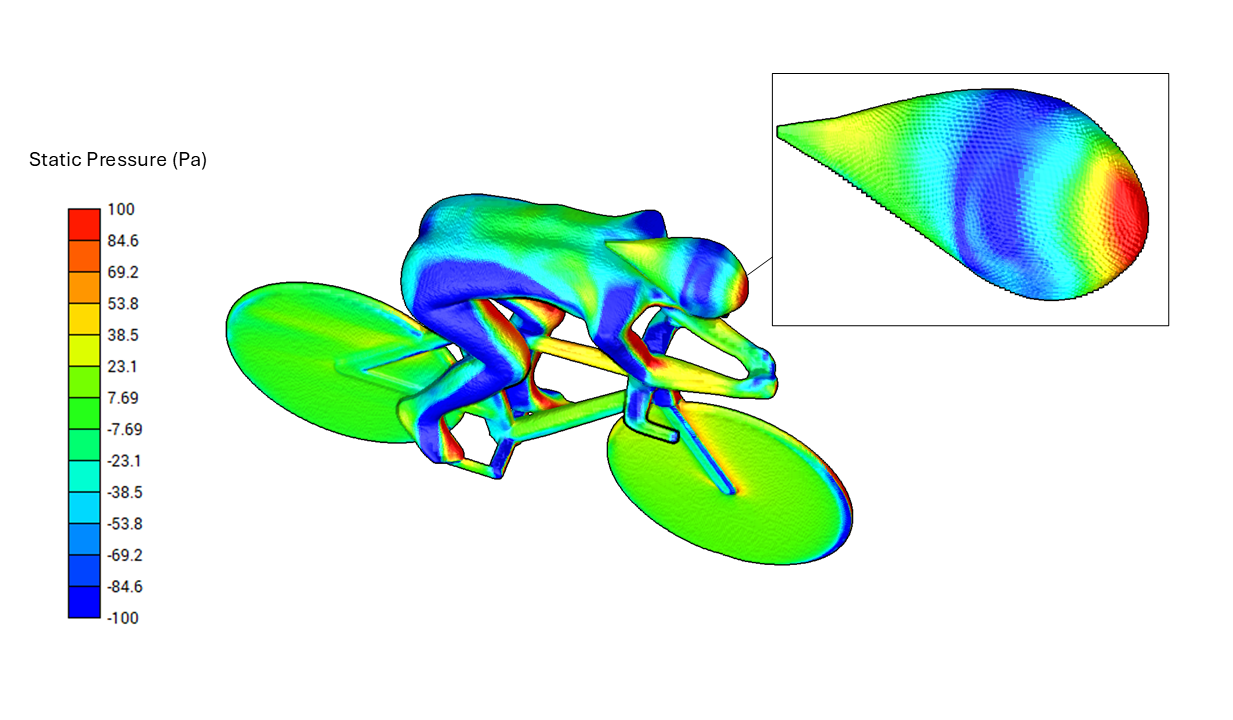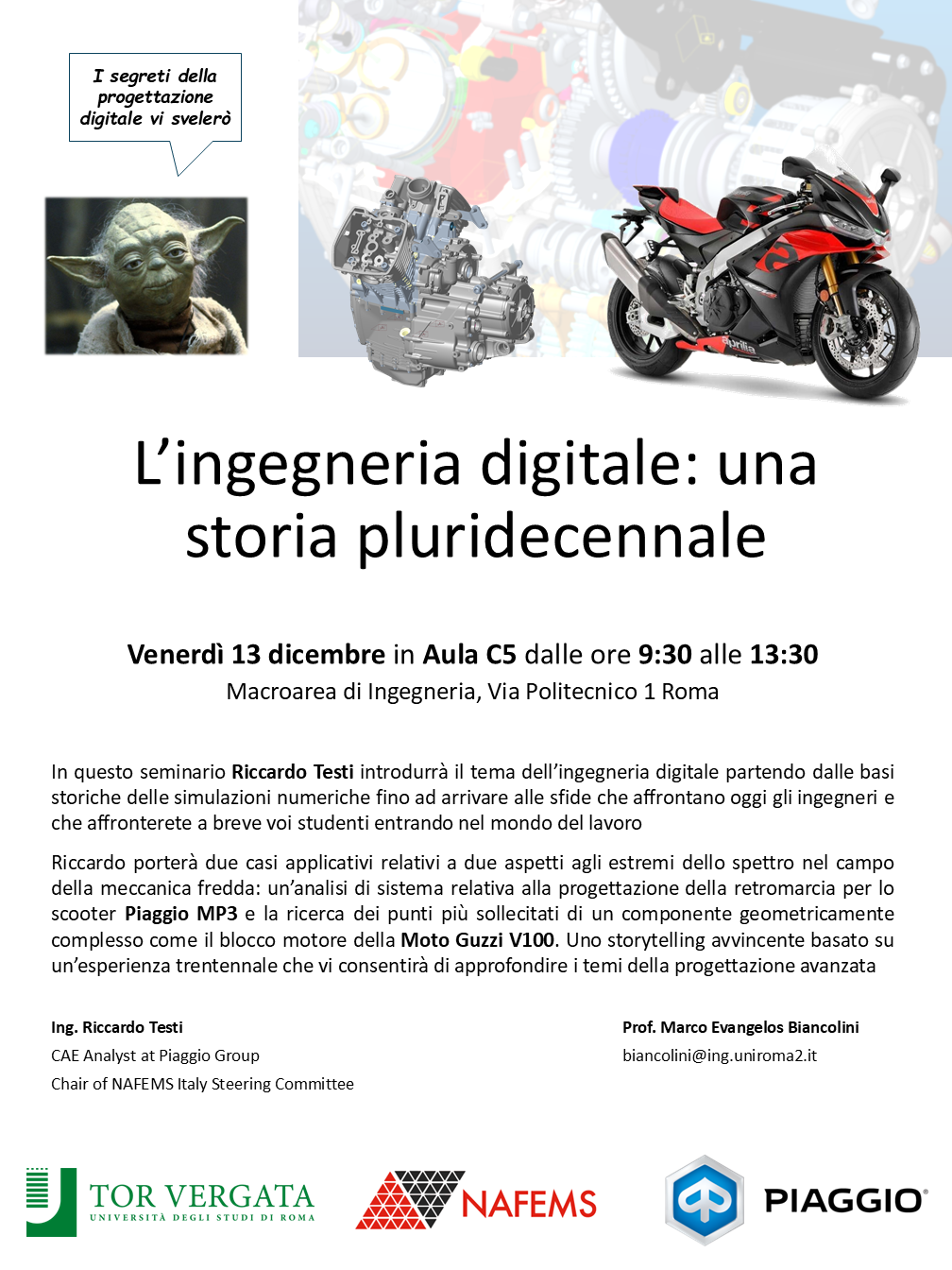 Written by rbfLAB on
Written by rbfLAB on

It is many years that the world of sailing has become popular, mainly thanks to the “Amerca’s Cup”, a competition that arouses media interest also because at each edition there are technological innovations that increasingly capture the attention and curiosity of even non-enthusiasts. .
The development of these technologies, which aim to improve the performance of boats at sea, has been possible thanks to the use of engineering methodologies with high technological content, many of aerospace derivation, which have consolidated over time a synergy between teams of design and research environments.
The “Mario Lucertini” Engineering Enterprise Department of the “Tor Vergata” University of Rome, which has always been very active in the effort to integrate tools derived from the world of research into the design processes of industrial realities, has launched a focused research project on the design of sport catamarans, aimed at promoting, through the construction of a demonstrator, the integration between the world of research and industrial applications.

the project, called DemoFly, aims to develop a wide-ranging design methodology in which to combine the search for the best overall configuration of the boat with the application of High Fidelity tools for the optimization of sails and appendages . The work involves the development of global performance analysis methodologies, the optimization of the various components, the validation of tools through the construction of prototypes and experimental tests.
In the naval sector, the Department’s research also involved the aerodynamics of sails and the design of foils for flying boats thanks to research conducted by rbfLAB.
rbfLAB - says Corrado Groth, researcher in Machine Design, at the Engineering Department of Tor Vergata - is focused on the advanced use of Radial Basis Functions (RBF), a very powerful mathematical tool that can be used in the most diverse fields and applications of engineering, from shape optimization for the automotive or aerospace to the study of fluid-structure interaction in the biomedical field.
Sea tests have continued since spring, the first ones having started last winter, of the sail prototype that the Tor Vergata researchers are developing in collaboration with the sailmaker Challenger from Senigallia.
For the design of the sail - explains Marco Evangelos Biancolini, Professor of Machine Design at the Department of Engineering of Tor Vergata - we are developing tools that combine structural and aerodynamic analyses in order to operate on the “flying shape”, that is the shape of the object deformed by aerodynamic load.

The tests take place in the waters of upper Tuscany where the most experienced helmsmen of the national circuit train and compete in regattas. The group, made up of multi-medaled champions, not only in national dress, represents a context of the highest level in which to verify technological progress. The activities at sea include the experimental verification of the prototype’s performance and subsequent optimization by defining the changes using the tools that will be developed within the project.
The technological demonstrator is the Class A catamaran which constitutes a perfect laboratory on which to test methods and solutions with moderate investments - says Ubaldo Cella, researcher in the engineering department and a very active sailor in the circuit of national regattas -The class rules are simple and leave ample room for innovation, facilitating the development of one of the fastest and most acrobatic dinghies in the sailing scene. The constraints are mainly on the weight of the boat, the dimensions and the sail area. Few other limits place restrictions on the geometry of the appendages.
It is no coincidence that many of the solutions of the America’s Cup boats have been incorporated by the A-Class and the crews themselves have used it as a training base. Glenn Ashby, skipper of Emirates Team New Zealand, has been several times Class A World champion.





Comments